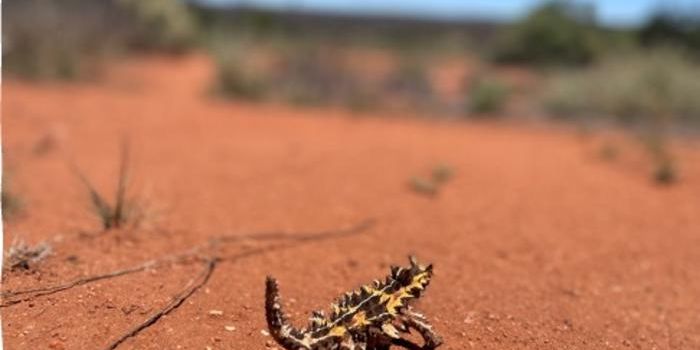Over Half of the World's Primates Are Facing Possible Extinction Crises
Primates around the world are going through quite a pickle right now. Between the dangers of deforestation, illegal hunting, and climate change, so many different species are facing the imminent dangers of a world where they’ll no longer exist.
According to a study published in the journal Science Advances, as much as 60% of the world’s primate species are in danger of extinction, and the only way we’re going to be able to change that is if we act, and fast.
Image Credit: Pixel-mixer/Pixabay
Primates of all shapes and sizes are affected, including apes, lemurs, and monkeys. Humans, on the other hand, are the ones causing most of the problem, and yet here we are; multiplying away.
More than 300 species are on the list for expected extinction at this rate, and that includes the iconic and powerful gorilla, the incredibly bright chimpanzee, and even those cute little marmosets.
While climate change is definitely a huge player on some of the world’s endangered species to date, it’s not really the leading cause behind primate endangerment. Rather, deforestation is. As we take away their roaming land, we give them no real place to live, which makes it harder for them to find places to hide from predators or to find food themselves.
While primates can be found in many countries throughout the world, they’re predominantly found in the wild in countries where agriculture is growing, which proves to be a real problem for their survival. Citing The Guardian for these stats, as much as 87% of Madagascar-based primate species face an undesirable outcome, while 73% of Asia-based primate species see the same.
Land development in these countries is moving too fast for most species to adapt, despite the very few that are actually capable of doing so. Illegal animal hunting and trade also threaten these animals, because many animals die while in transit or die because of poor living conditions after they’re bought and sold.
Humans are taking over the world, but this much is already well-known. Unfortunately, we don’t have much time left before our impact on these animals is irreversible, so we need to take action now if we are to save the many primate species that are crying out for our help.
Will we be able to help the species to thrive again? Lots of people would have doubt after seeing these statistics, but if we don't act quickly, these primates could be gone within just a few more decades.
Source: DailyMail, The Guardian









